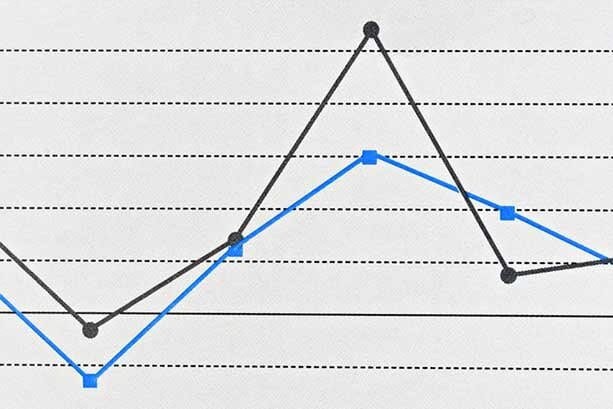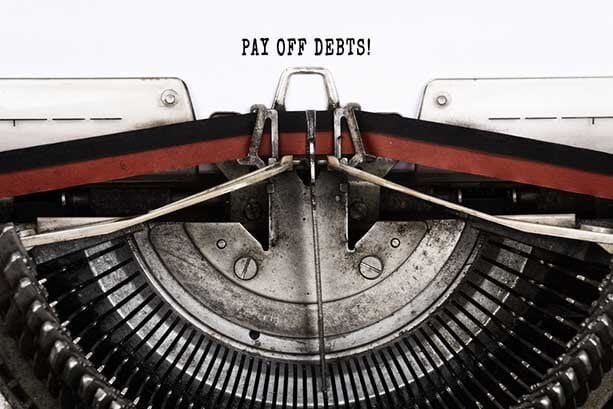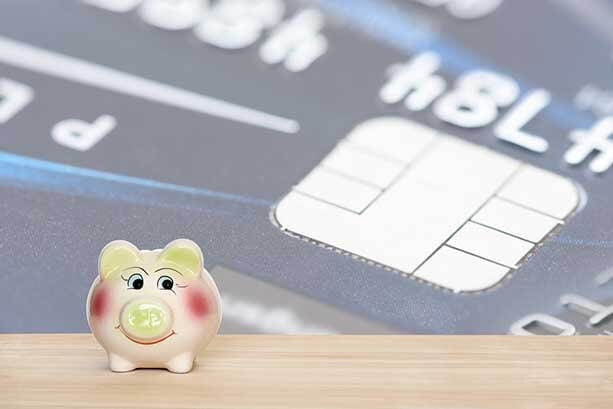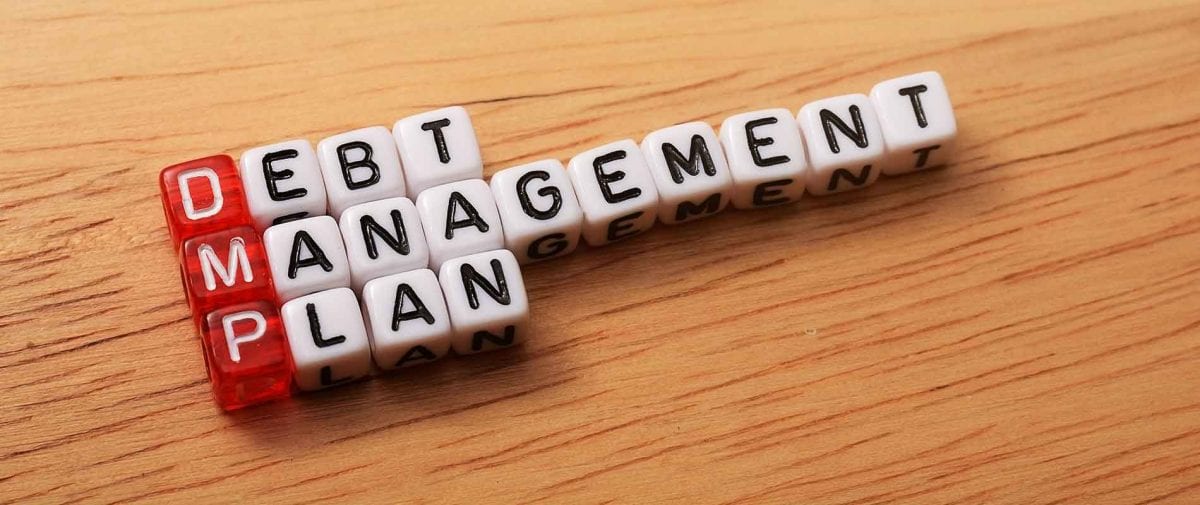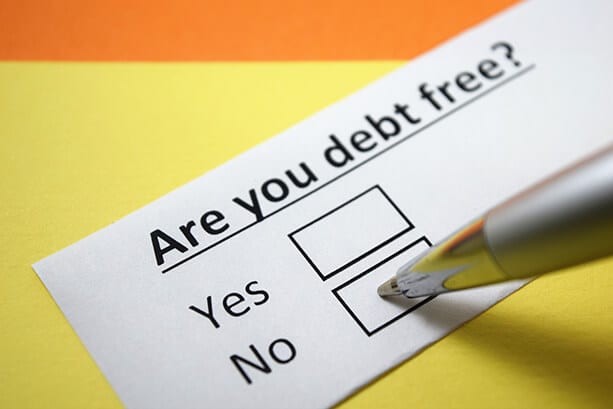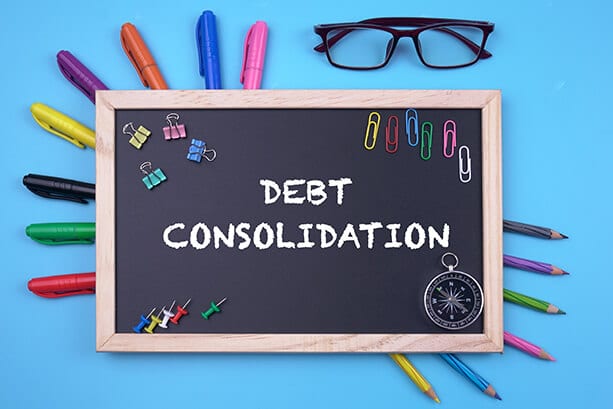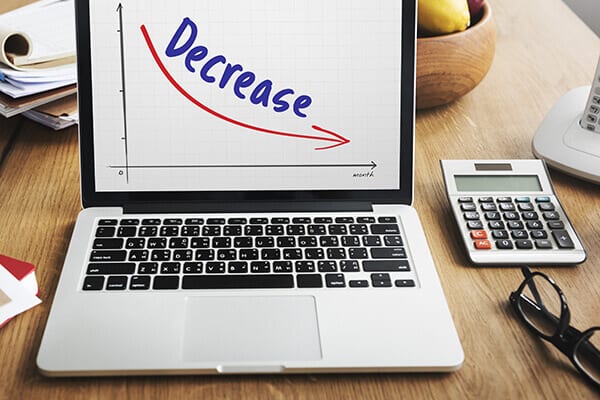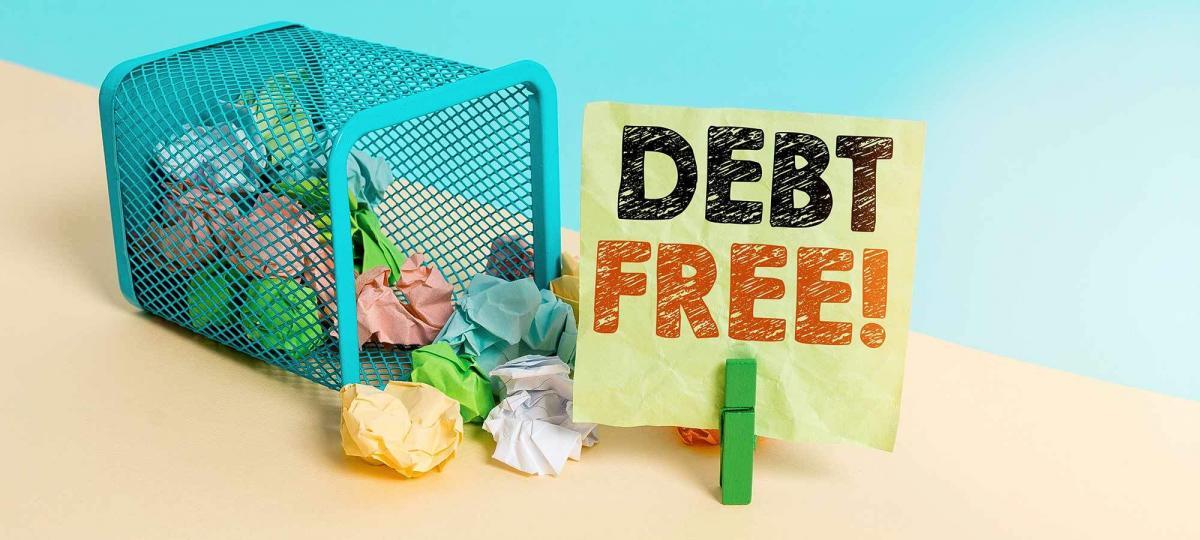When you need cold cash now, fast loans can be your best bet. Fast loans are quick and easy to obtain. Lenders can process loan applications within 24 hours meaning you can have your funds in your account overnight.
Whilst fast loans may be your saving grace, how can you repay your loan back quickly?
Here are some tips for paying back your loan faster
1. Pay more
If you can afford it, put in larger payments each month to pay off the principal more quickly. For example, $2500 fast loan with 6.8 % interest with a 10-year payback period would cost $28.8 a month. Making $70 payment on a monthly basis instead of $28.8 enables you to repay the fast loan in just over 36 months. By paying the principal more quickly, you will also pay for less on interest.
2. Make additional payments
The less you owe, the less interest that you will be charged. If you are able to budget effectively; you may be able to make additional payments to your fast loan.
3. Create a plan to pare your fast loans
Know exactly when your fast loans will end. Next, create a goal to pay it off within a specific period of time, commit to it and pay it according to the repayment plan. Make it a routine to pay it off monthly. If you’re facing difficulty in coming up with the monthly payments, create a budget and cut back on your expenses. This way, you can lift your debt obligations off your shoulder faster than ever.
4. Automate savings
Automatically transferring money into alternative accounts is a great way of saving that extra cash. Rather than spending money on trivial things such as movie tickets, or that unhealthy meal; automatic payments can help you set aside that extra cash to pay off your debt. Make sure that you will only use that account for paying back your fast loans and other types of debt. This will require sacrifice in certain areas, but it will ensure that you are one step closer towards financial freedom.
With the growing wave of cryptocurrencies such as Bitcoin and Litecoin; some experts have suggested investing your extra savings into crypto. This is an extremely volatile and unpredictable form of investment that we do not recommend. Many experts compare cryptocurrency as a form of gambling. Whilst, it may seem as though there are immediate increases in profits; you may lose all your hard-earned savings in a second.
Hide your credit card in a safe place
Don’t be a victim of credit card theft. With easy access to your credit cards via pay pass; strangers who have access to a lost credit card can easily tap on purchases less than $100. Keep your credit card securely in your wallet. If you lend your card to friends or family, make sure you keep track of any transactions online.
Keep your phone in your pocket.
The same rule applies to your mobile phone. With the rise of Apple Pay, you can purchase your transactions through your mobile phone. Make sure that you keep your phone locked with a passcode so that strangers cannot make any payments without facial recognition or a passcode.
5. Close some credit cards
Having them on your wallet may tempt you to spend more. Leave only the low-interest credit cards for your urgent needs.
6. Consolidate your debts
One of the best ways of ensuring that you continue to pay off your loan quickly is to consolidate your debts into one neat and tidy bundle. This will also protect you against the rising interest rates across different loans. This will benefit you in the long run; whilst making it easier to manage your debts.
7. Be proactive by increasing your income
Earning cash while dealing with your debts is a good way to stay proactive about overcoming debts. You don’t only generate wealth to pay for your loans; you also build your nest egg. If you can put away $100 every month out of your income, that would be $1,200 annual savings.
At the Australian Lending Centre, we can help you avail of our easy-to-pay fast loans and our debt management plans. We can help you strengthen your ability to repay your loans and live a financially secure life. It takes discipline and planning, but you can surely do it.
Contact Australian Lending Centre to get back on track.





